Trump authorized Soleimani's assassination 7 months ago: Report
US President Donald Trump had reportedly authorized the American military to assassinate Iran’s top general Qasem Soleimani seven months ago, contradicting Trump’s previous statements that he ordered the killing because the general posed an imminent threat.
Trump’s authorization in June came with the condition that he would have final approval on any specific operation to kill Soleimani, NBC News reported Monday, citing five current and former senior administration officials.
The officials told NBC News that former US National Security Adviser John Bolton had urged Trump to sign off on an operation to kill Soleimani after Iran shot down a US drone that had violated Iranian airspace in June.
US Secretary of State Mike Pompeo also wanted Trump to authorize the assassination over the incident, officials said.
But Trump declined that option, according to a person briefed on the discussion, who said the president's message was "that's only on the table if they hit Americans.”
The new report further contradicts the Trump administration's publicly stated justification for ordering the US drone strike that killed Soleimani. US officials have claimed that Soleimani was killed because he was planning “imminent attacks” on Americans.
Trump's national security officials have already contradicted each other several times over the reasons for the assassination. The claim that Soleimani was planning “imminent attacks” against the US has been met with widespread suspicion and skepticism in the US.
The idea of killing Soleimani also came up in discussions in 2017 that Trump's national security adviser at the time, H.R. McMaster, was having with other senior advisers, officials said.
The plan to assassinate Soleimani was part of Trump's "maximum pressure" campaign against Iran and "was not something that was thought of as a first move," said a former senior administration official involved in the discussions.
The US military carried out an airstrike on the direction of Trump at Baghdad’s international airport last Friday, assassinating Gen. Soleimani and the second-in-command of Iraq's Popular Mobilization Units (PMU), Abu Mahdi al-Muhandis, as well as eight other companions.
On Wednesday, Iran responded to the assassination, striking the American airbase of Ain al-Assad in Anbar province in western Iraq and another in Erbil, the capital of Iraq's semi-autonomous Kurdistan region.
‘All wars have rules. All of those rules have been broken’ by Israel
VIDEO | Report flags India’s violation of rights of Rohingya detainees
Turkey's foreign minister meets Syria's de facto leader in Damascus
'Next to impossible' to rescue patients from Gaza's Kamal Adwan Hospital: Director
VIDEO | Vietnam current prosperity
Report blames gasoil exports for shortage at Iranian power plants
VIDEO | Hind Rajab Foundation names Israeli war criminals vacationing after Gaza genocide
VIDEO | Australians rally for Gaza ahead of Christmas festivities


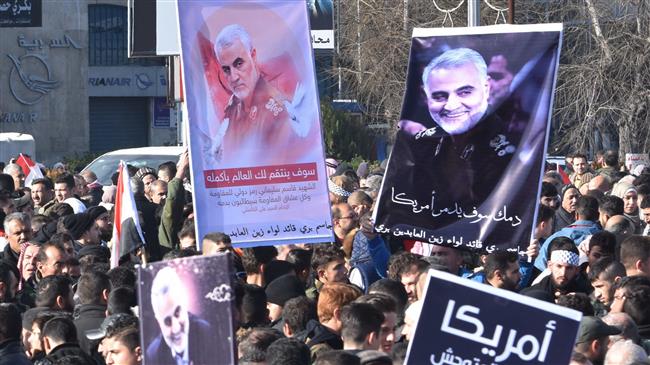

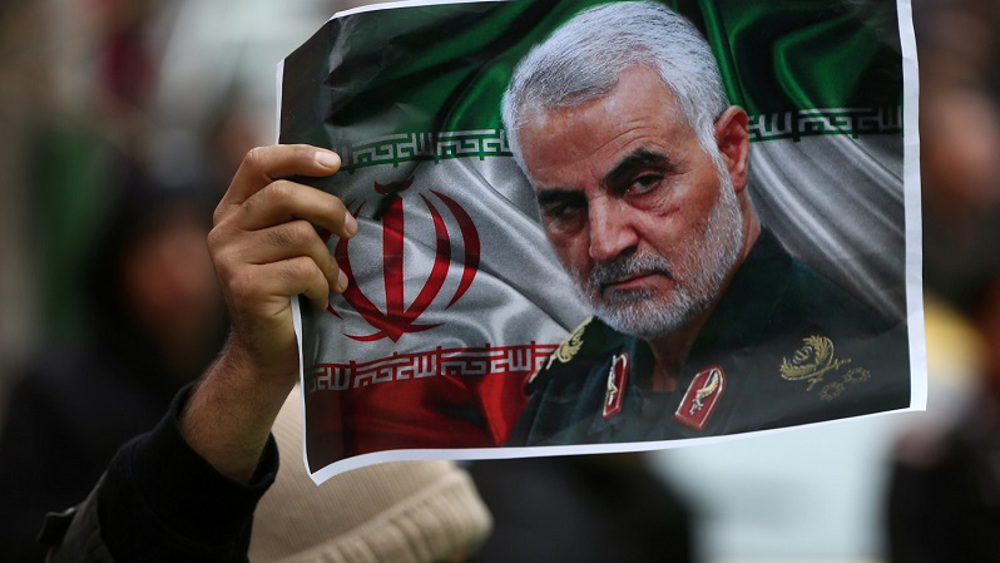
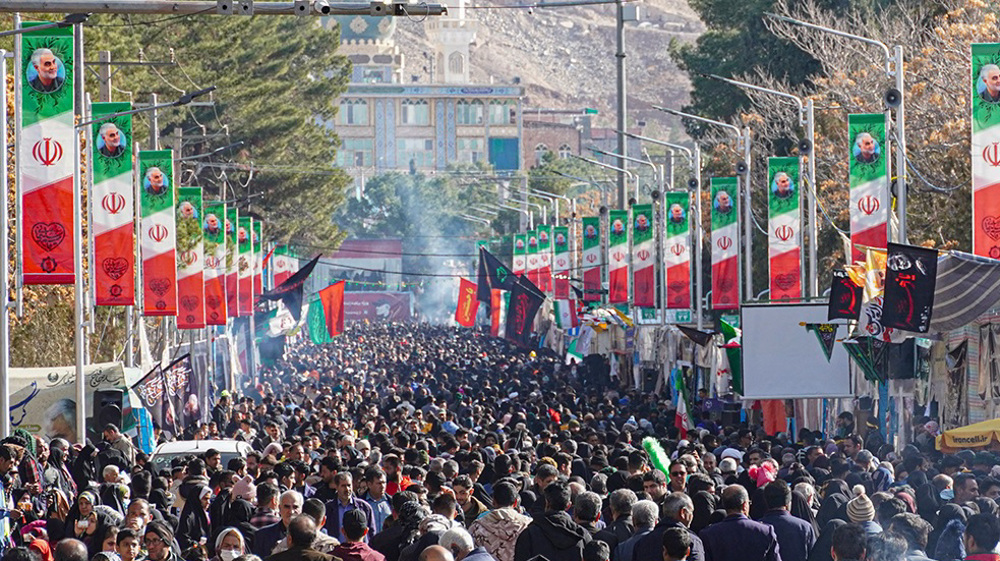
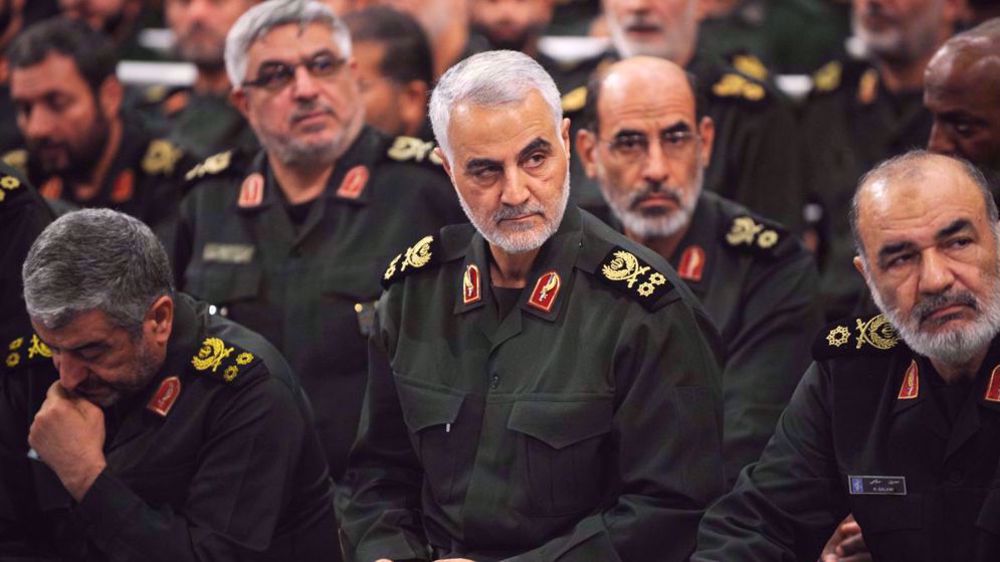



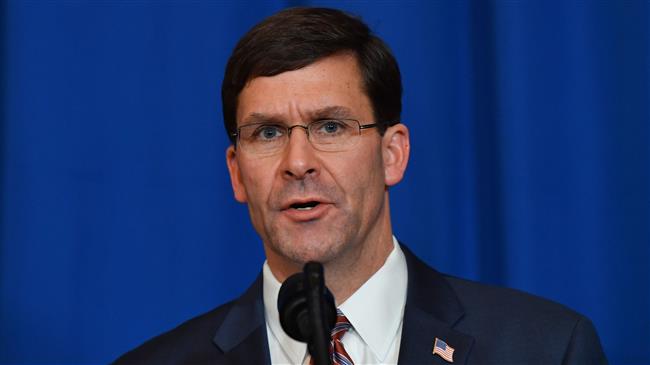
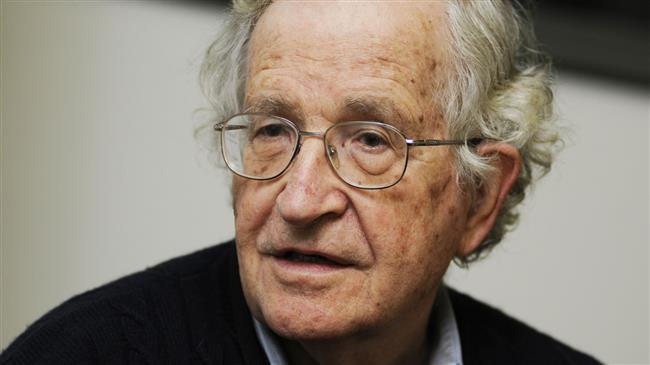
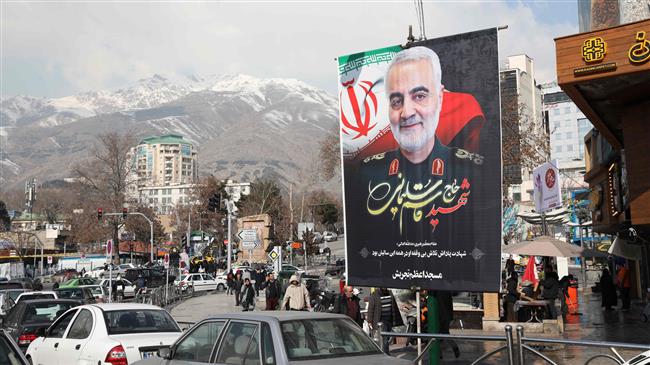
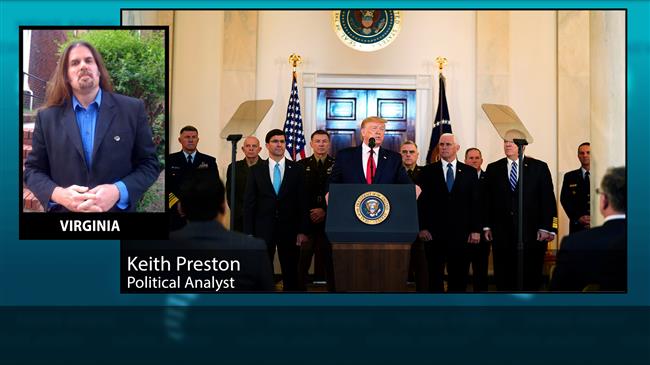
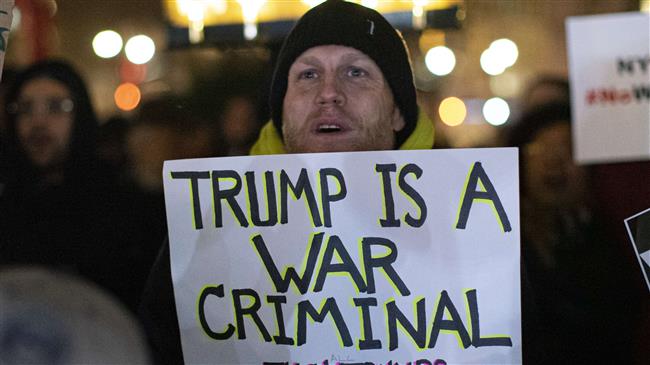
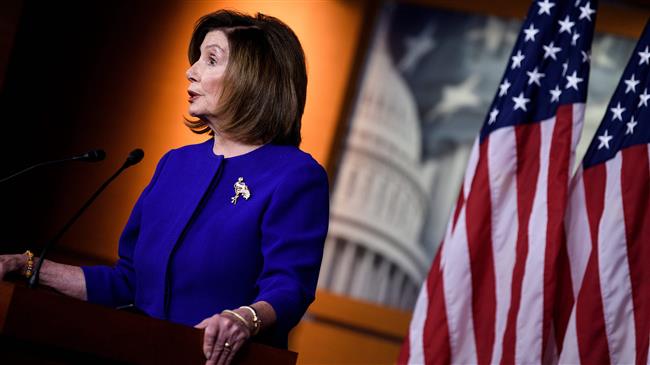
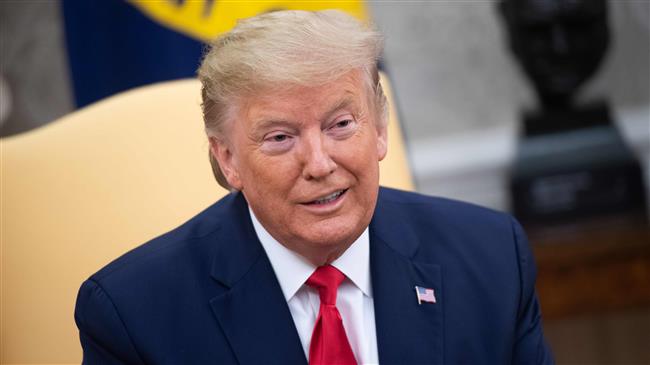
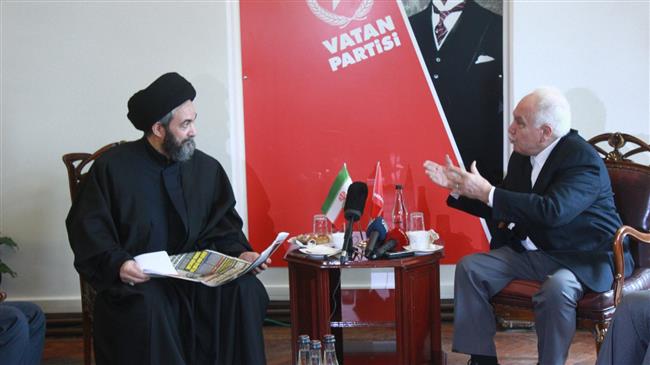
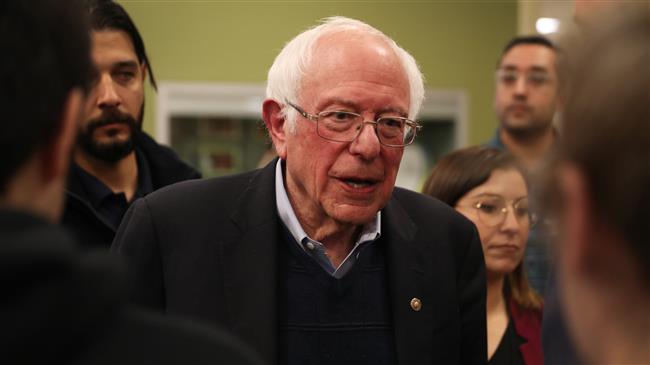

 This makes it easy to access the Press TV website
This makes it easy to access the Press TV website